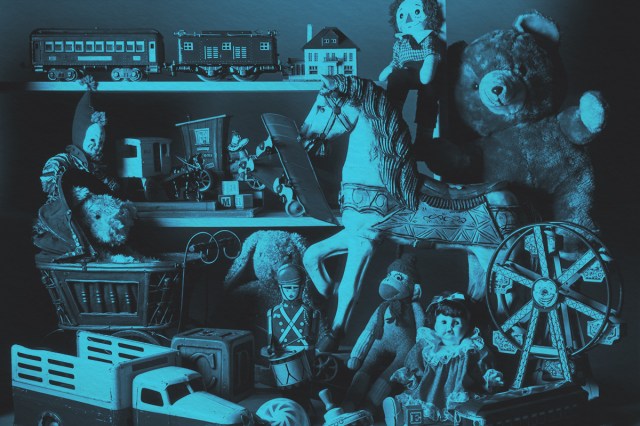
The Emmy-nominated TV series Hoarders delves into the consequences of overaccumulation — whether it’s clothes, trinkets, mementos, or trash — while offering help to those affected. Beyond its emotional storytelling, we can look at Hoarders to reveal the distinction between two often-confused terms: “hoard” and “horde.”
As the show’s title suggests, a hoarder is a person or animal that collects vast amounts of items and hides them away — think of a squirrel stockpiling acorns. In the context of the show, “hoard” is used as a verb, but it can also be used as a noun. For instance, pots and pans falling out of a kitchen cupboard is a hoard of cooking utensils. Similarly, boxes piled up in the garage are a hoard of boxes. The word “hoard” can be traced to the Old Saxon hord, meaning “treasure.” This usage of “hoard” is often mistakenly swapped with “horde,” which means “a large group of people.”
“Horde,” as the definition reflects, is reserved for crowds of people, not objects. For instance, when doors open for a show, you might be a part of a horde of concertgoers flooding the entrance. There’s a little bit of wiggle room for animals, such as a horde of cattle crossing the road. “Horde” is used to refer to living beings (and not stockpiles of stuff around your house) because of its original usage to refer to a group of central Asian nomads, specifically from the Turkic orda. The “Golden Horde” was a group of fierce warriors who ruled part of the Mongol Empire during the 14th and 15th centuries.
Over time, “horde” became synonymous with any group of nomadic people or tribes, especially those living in untamed environments. This specification meant “horde” retained a sense of disorder or unruliness that persists in its modern usage (which is often derogatory). Today, “horde” might describe a large, disorganized, or rowdy group.
Despite the etymological differences, the similarities in spelling and the fact that both words refer to an accumulation mean “horde” and “hoard” are often confused. The Oxford English Dictionary estimates that around a quarter of the citations for “hoard” in its corpus are the incorrect usage. Remember this key difference: It comes down to what is accumulating. If objects or possessions are piling up, use “hoard,” but if people or animals are amassing, use “horde.”

















